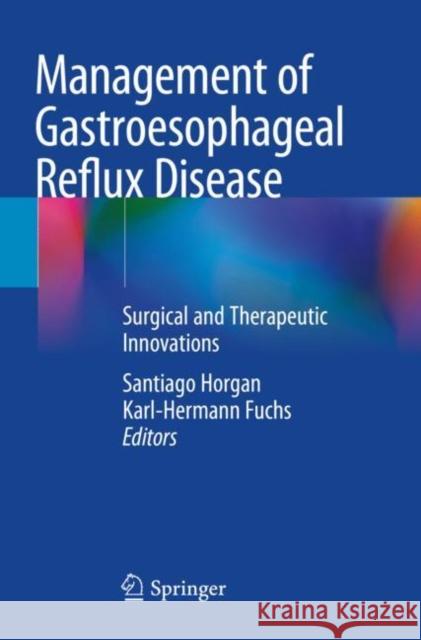Management of Gastroesophageal Reflux Disease: Surgical and Therapeutic Innovations » książka
topmenu
Management of Gastroesophageal Reflux Disease: Surgical and Therapeutic Innovations
ISBN-13: 9783030480110 / Angielski / Miękka / 2021 / 212 str.
Management of Gastroesophageal Reflux Disease: Surgical and Therapeutic Innovations
ISBN-13: 9783030480110 / Angielski / Miękka / 2021 / 212 str.
cena 363,12 zł
(netto: 345,83 VAT: 5%)
Najniższa cena z 30 dni: 346,96 zł
(netto: 345,83 VAT: 5%)
Najniższa cena z 30 dni: 346,96 zł
Termin realizacji zamówienia:
ok. 22 dni roboczych
Bez gwarancji dostawy przed świętami
ok. 22 dni roboczych
Bez gwarancji dostawy przed świętami
Darmowa dostawa!
Kategorie BISAC:
Wydawca:
Springer
Język:
Angielski
ISBN-13:
9783030480110
Rok wydania:
2021
Wydanie:
2020
Ilość stron:
212
Oprawa:
Miękka
Wolumenów:
01











